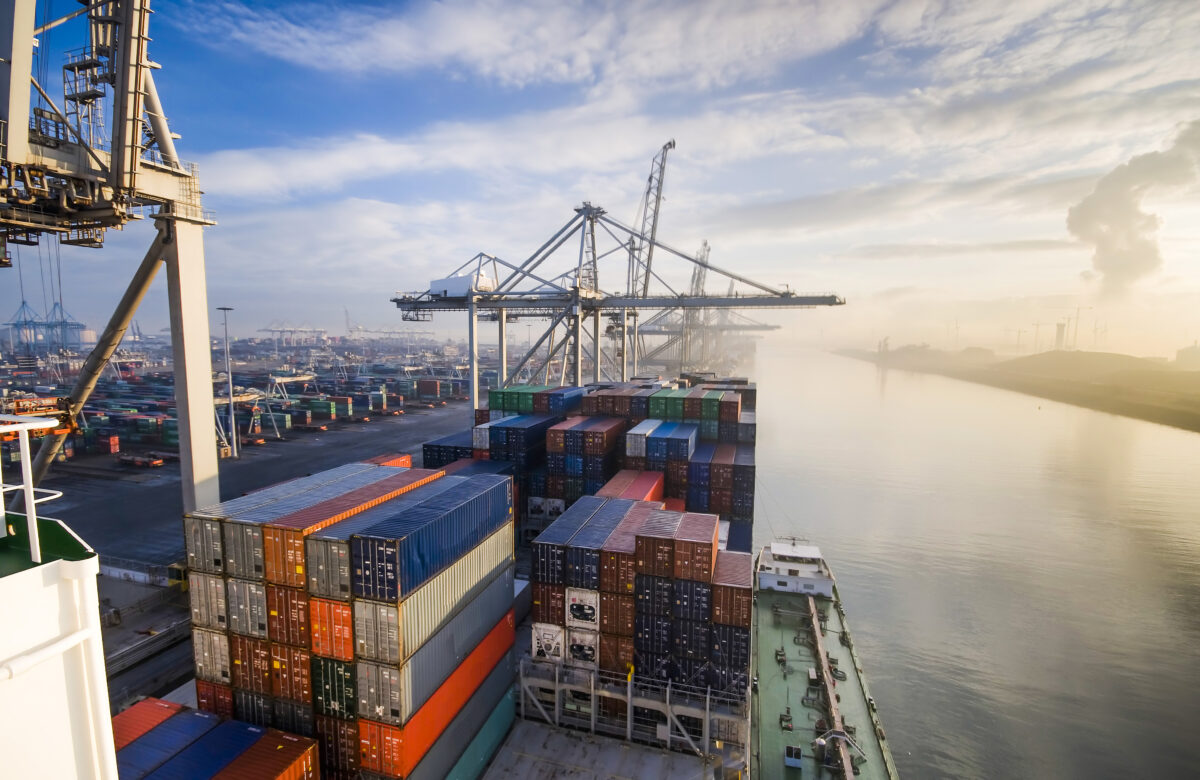The brexite is omnipresent. This is not least because Britain’s deadline for regulating its relations with the European Union is about to expire once it has left. There is less and less time left for the important negotiations, although there are still many uncertainties regarding the shape of future trade relations. In any case, Britain has now expressed its wish to remain a third country under the Convention on the simplification of formalities in trade in goods and the Convention on the common transit procedure. In particular, companies should inform themselves now about the conditions of the common transit procedure (T2 transit).
What do the conventions regulate?
Both the Convention on the simplification of formalities in trade in goods and the Convention on a common transit procedure were adopted in May 1987 and entered into force on 1 January 1988. The Agreement on the simplification of formalities in trade in goods contains the essential elements of the provisions concerning the single administrative document for the transport of goods between the European Union, the countries of the European Free Trade Association (EFTA) and between the various EFTA countries.
In particular, the Convention on a common transit procedure allows goods to pass through the territories of the Contracting States duty-free (T2 transit procedure), making customs clearance considerably easier. This procedure is used for the transport of goods between the EU Member States, the EFTA countries (Iceland, Norway, Liechtenstein and Switzerland), Turkey, the former Yugoslav Republic of Macedonia and Serbia.
Great Britain currently still part of the agreements
As the United Kingdom is currently still a Member State of the European Union, the Conventions have been in force since their entry into force in 1988. However, once the withdrawal of the UK becomes effective, the provisions will automatically cease to apply.
In the meantime, however, third countries have also been given the opportunity to accede to the agreements under both agreements. Such accession is only possible on the basis of an invitation and a decision of the Joint Committee, which is responsible for managing the two Conventions and ensuring their proper application.
Accession would continue to allow transit procedures
Britain’s accession to the Conventions as a contracting party would greatly facilitate the movement of goods between the Union, the United Kingdom and the other countries of the common transit procedure. Without accession to the agreements, extensive customs procedures could otherwise become necessary again after Brexit for the import of goods.
Since the United Kingdom has already been involved in the provisions through the European Union, it also has sufficient experience in the application of the provisions and meets all the technical criteria of the Conventions. The European Commission has now proposed to the Council of the Union that it adopt a binding position on an invitation from the United Kingdom. Britain’s accession to the agreements would be desirable.
Use of the common transit procedure is subject to certain conditions. Entrepreneurs should inform themselves in good time about these requirements in order to be able to submit any necessary applications, for example for the approval of a comprehensive guarantee, in good time.
Ask us now your questions about Brexit customs transit.
Dieser Artikel wurde am 19. September 2018 erstellt. Er wurde am 13. April 2019 aktualisiert. Die fachliche Zweitprüfung hat Rechtsanwalt Dr. Tristan Wegner durchgeführt.

